Are Manchester United, City and Chelsea gambling too much with Jose Mourinho, Pep Guardiola and Antonio Conte?
Managerial change has become a fact of footballing life, but the biggest challenge is not in finding the right replacement but in developing a club around the identity and styles being implemented

When Manchester City were sifting through the fall-out of Roberto Mancini’s sacking as manager in May 2013, Ferran Soriano, the club’s chief executive insisted that managerial change had become a fact of footballing life and that ‘three to four years’ was the typical life cycle of the man in charge of the team.
Meanwhile, across town at Old Trafford, David Moyes was about to get to work at Manchester United having been handed a six-year contract to take on the challenge of succeeding Sir Alex Ferguson.
As for Chelsea, Jose Mourinho had been lured back to Stamford Bridge with bold talk of building a dynasty and a ten-year plan to do just that.
Three years on, the wheel has turned full circle for City, United and Chelsea, albeit rather more smoothly for some than others.
Manuel Pellegrini saw out his three-year contract at City, leaving behind three major trophies, but little in the way of legacy.
Mourinho delivered a Premier League title and Capital One Cup to Chelsea before crashing and burning to spectacular effect to the extent that he lost his job last December, with no dynasty built and the ink barely dry on his ten-year blueprint.
And United? Moyes lasted just ten months before making way for Louis van Gaal to bring his philosophy to Old Trafford, yet the Dutchman’s reign was ended within hours of winning the FA Cup last May in order to pave the way for Mourinho to make United, and himself, special again.
They are the most important people in a football club, the man who sets the tone on the pitch, which directly influences the mood off it, but the process of appointing football managers remains a haphazard exercise, with names and profile often dominating the check list over more long-term requirements.
Mourinho and Pep Guardiola will launch their eras in earnest at United and City respectively this week when the two clubs depart for China on their pre-season tour – United and City meet in Beijing next Monday – while Antonio Conte will continue to impose his methods at Chelsea having arrived in west London last week.
But are Premier League clubs going through the correct process when recruiting and appointing new managers or are they continuing to gamble on the most important role within the club?
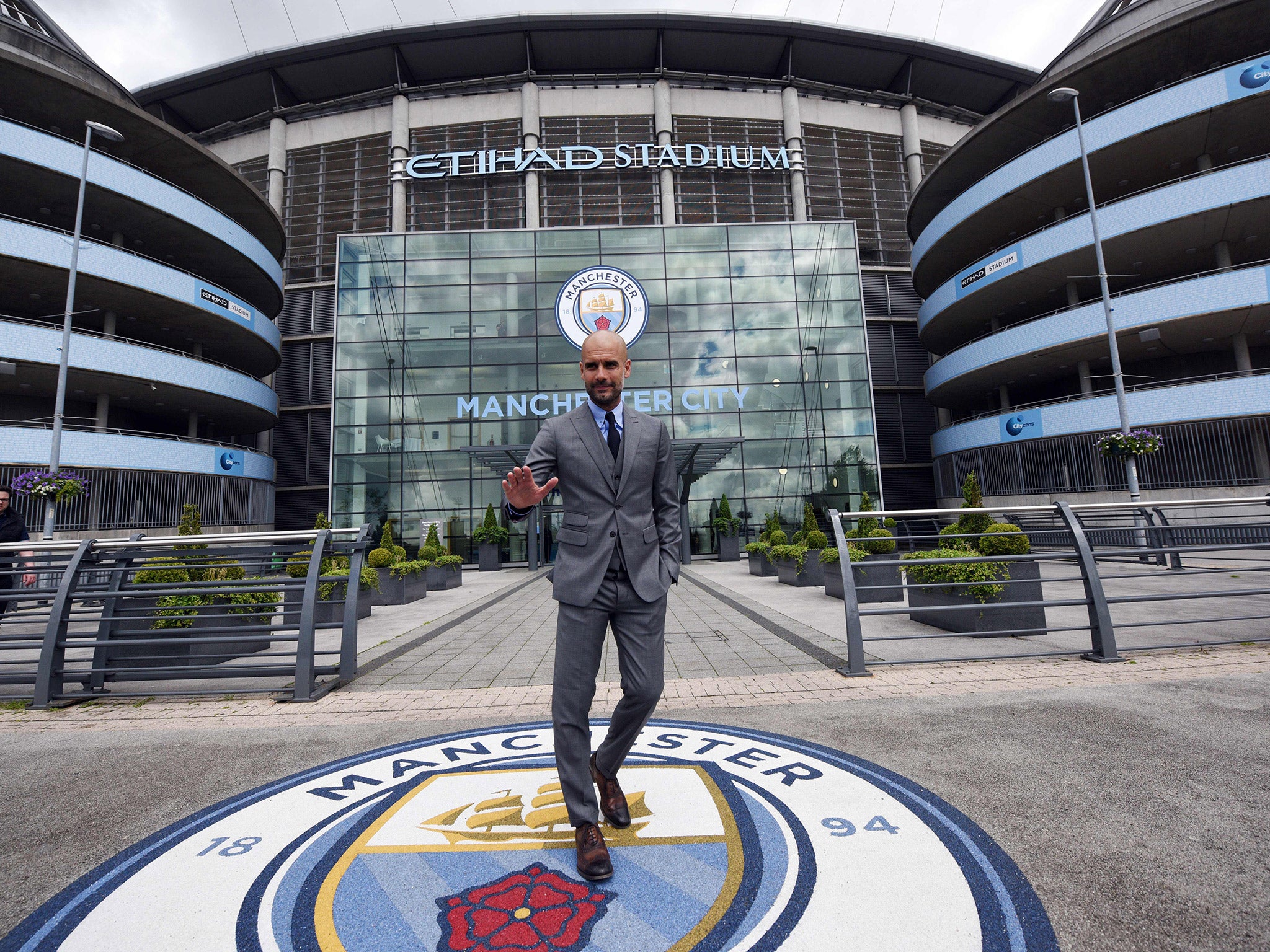
“This is a pivotal summer for three of the traditional top five clubs with Chelsea, Manchester City and Manchester United all going through significant head coaches changes,” said Mike Forde, the former Chelsea sporting director now running Sportsology, a consulting and software business which supports ownership groups when recruiting head coaches within the NBA, NFL and NHL.
“All of the coaches have been successful in their own right, but the key will be how they build the relationship with the Owner / Board and how they collaborate to deliver a unified plan.
“What is certain is that, irrespective of who or how successful any head coach / manager has been, their future success will be how well they integrate their ideas into the new organisation and how they work with the owner / board to deliver that plan.”
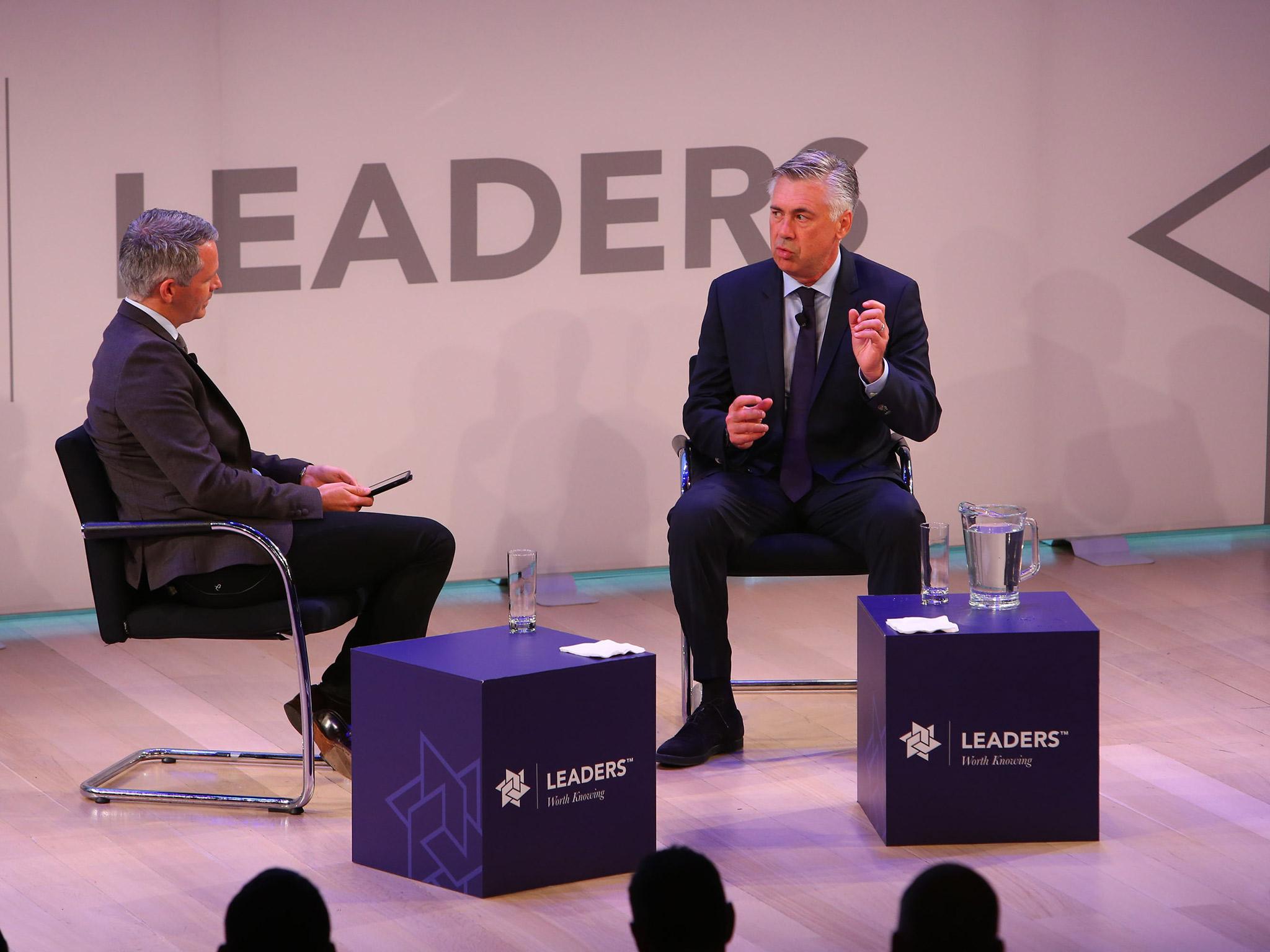
But are coaches and managers given too much freedom to influence and impose their methods when their lifespan is not typically shorter than three years?
“Most organisations make the biggest fundamental mistake by letting the potential head coach or manager drive the agenda and direction of the organisation,” Forde said.
“Most owners fail to have the discipline to take the time to really understand and decide on the direction of the organisation; the type of people they want inside the company; the team identity and style they want to be recognised for before they even speak with a potential new coach.
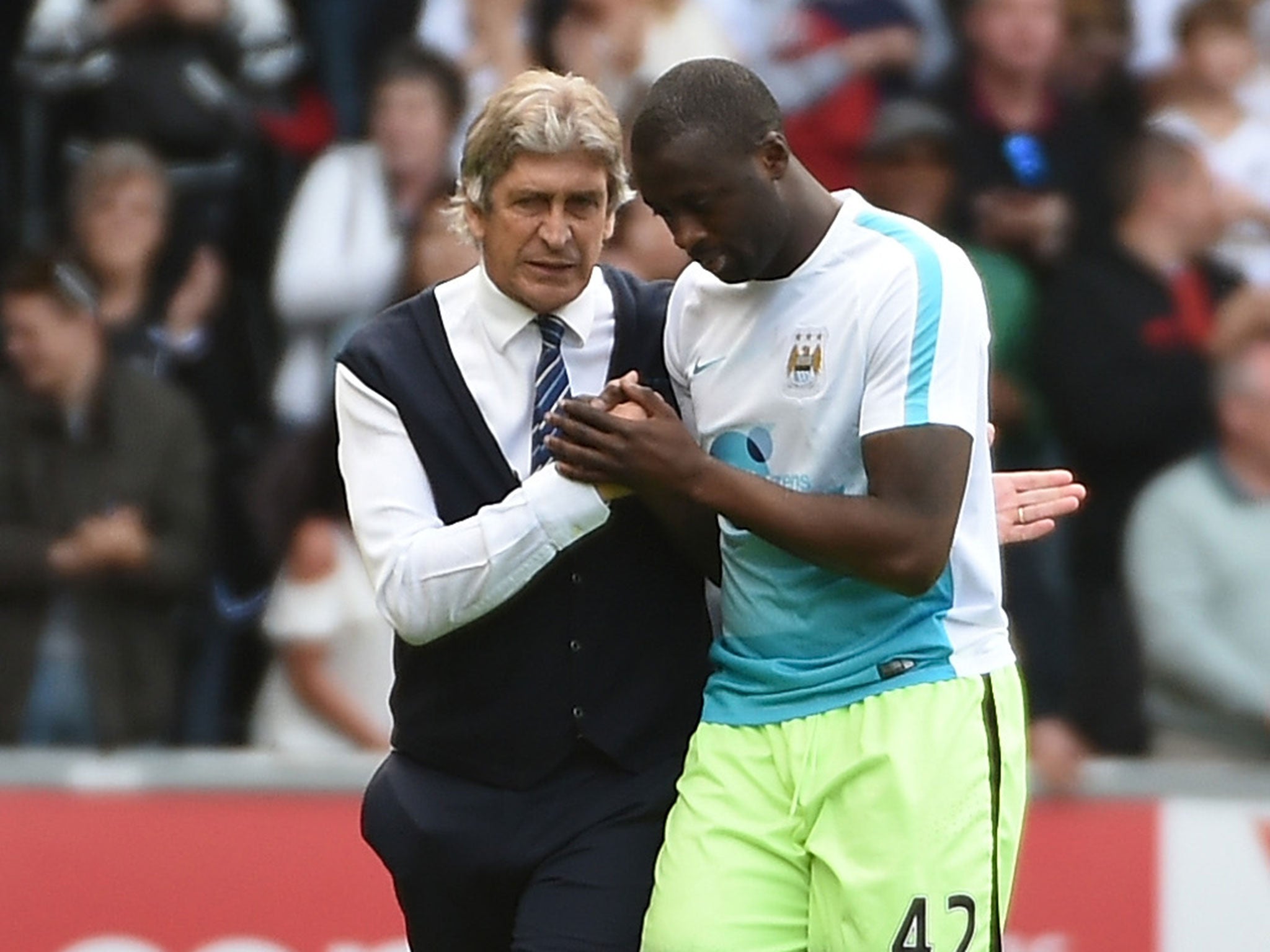
“A big challenge at ownership level in most teams is having the right people around the table who are making the decision around a coach hire and whether they have the necessary skills to understand the dynamic the coach will work into.
“For example, the environment and the needs of the sporting side of the business. This includes the players, coaching staff, performance areas, etc.
“Too often, teams are ill-equipped to profile the needs of the business going forward and subsequently cannot effectively and confidently select the right person for that moment.
“It is not solely a football problem, though. In January this year, we had Black Monday in the NFL – seven of the 32 teams changed their coach, but all new coaches were in place within ten days of the season ending.”
United, City and Chelsea have all embarked on different routes to securing new managers since the turn of the year.
City, having failed to thwart Bayern Munich’s move for Guardiola in 2012, secured the former Barcelona coach midway through last season before publicly confirming his appointment in February.
Pellegrini has since claimed that his team lost its focus following the Guardiola confirmation – an announcement the Chilean had forced on City – but the club has at least recruited a coach who fits their long-term strategy and they completed the deal with ample time for all parties to plan for next season.
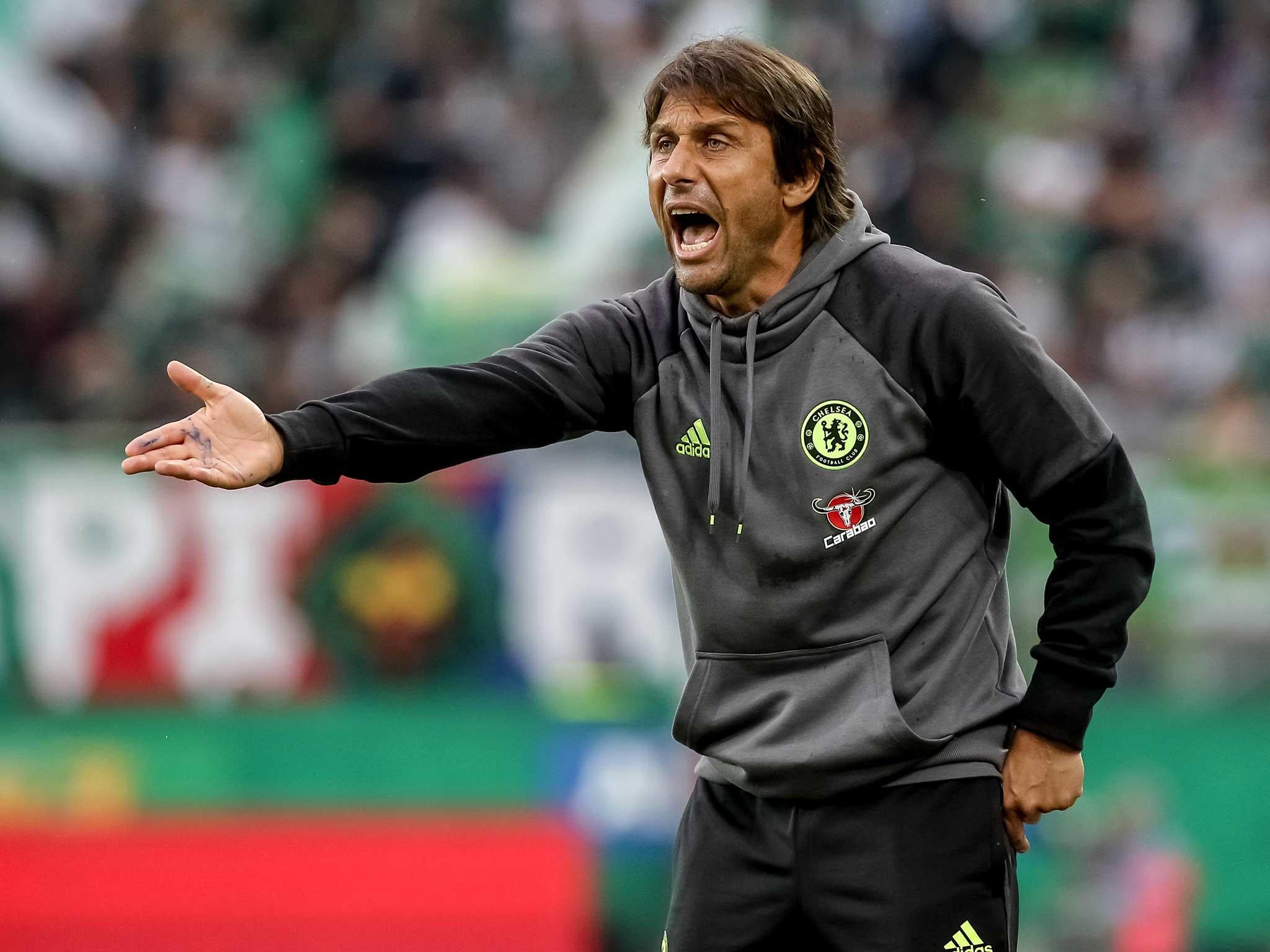
Chelsea, having sacked Mourinho, identified Conte in December, but no deal was confirmed until late last season.
Whether the Italian fits with a club blueprint, or if he was the only realistic option due to the number of coaches already hired and fired by Roman Abramovich, remains to be seen.
And United? Van Gaal was allowed the veto the purchase of Portugal youngster Renato Sanches in early May, so while the Mourinho appointment resembled a fait accomplit by the time it had been confirmed, allowing his predecessor to decide on signings in the final days of the season suggests anything but a long, thought-out recruitment process.
“No manager will ever be a 100% perfect fit,” Forde adds. “A key underestimated component of the process is market forces (in the moment you have to make the hire).
“To minimise risk, it is critical to build a complete business around the coaching space so to make sure there isn’t wholesale change when the new manager comes in. It has to be evolution not revolution.
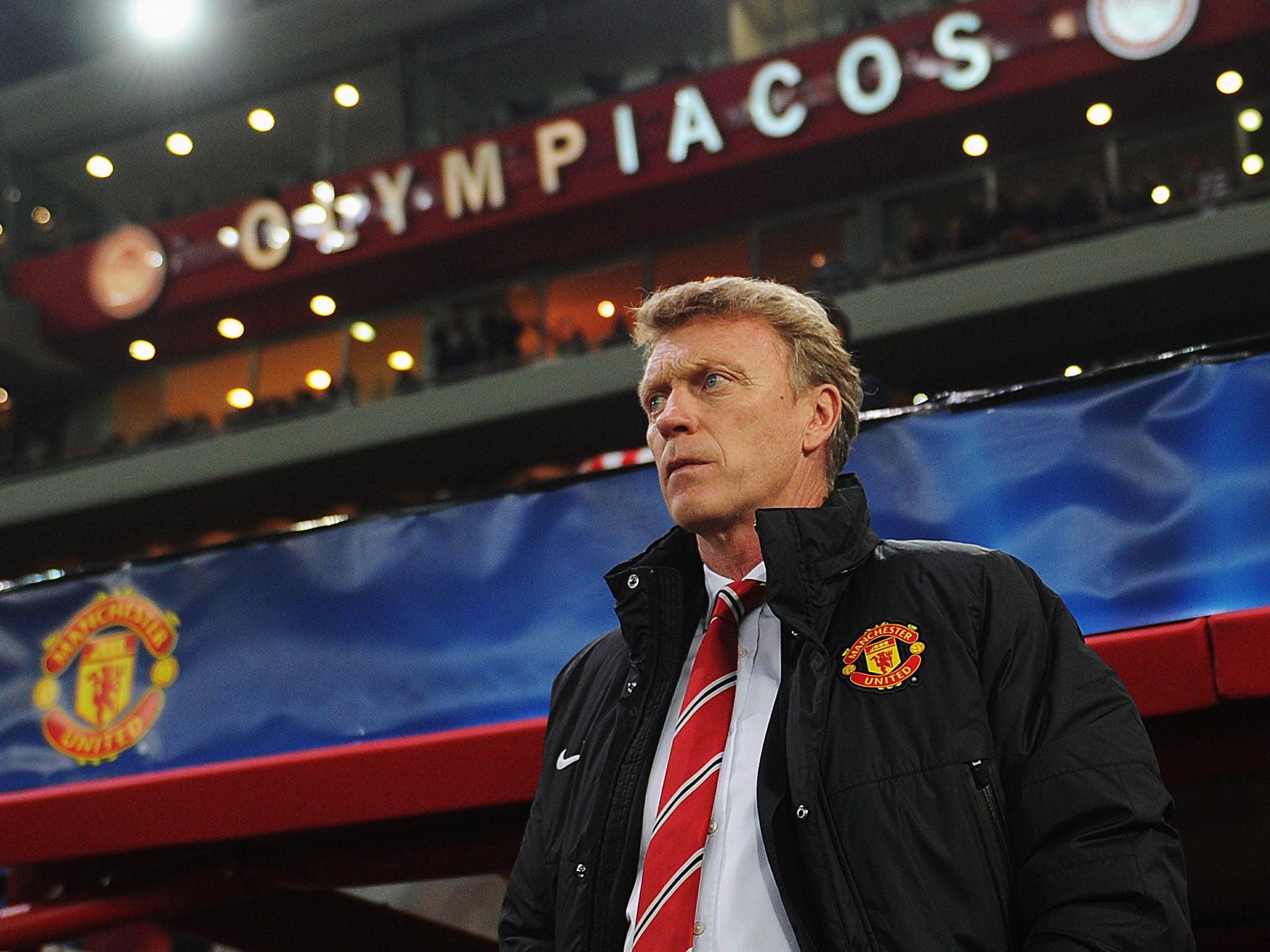
“The second biggest mistake made at ownership / board level in the hiring of a new head coach / manager is not to effectively integrate that person (and his support staff) to the business and its culture / ways of working.
“Too often, you see new coaches come in and when there is lack of boundaries / parameters of how the organisation wants to run it is common place for them to just ‘land grab’ and seek to do everything.
“It is important for the owner / board to ‘save the coach from himself’ as you often see head coaches take control of spaces they have limited knowledge and time to really manage.
“It is probably one of the top two reasons why head coaches fail: lack of clarity on boundaries set from above which results in them taking charge of areas that are outside of their expertise”
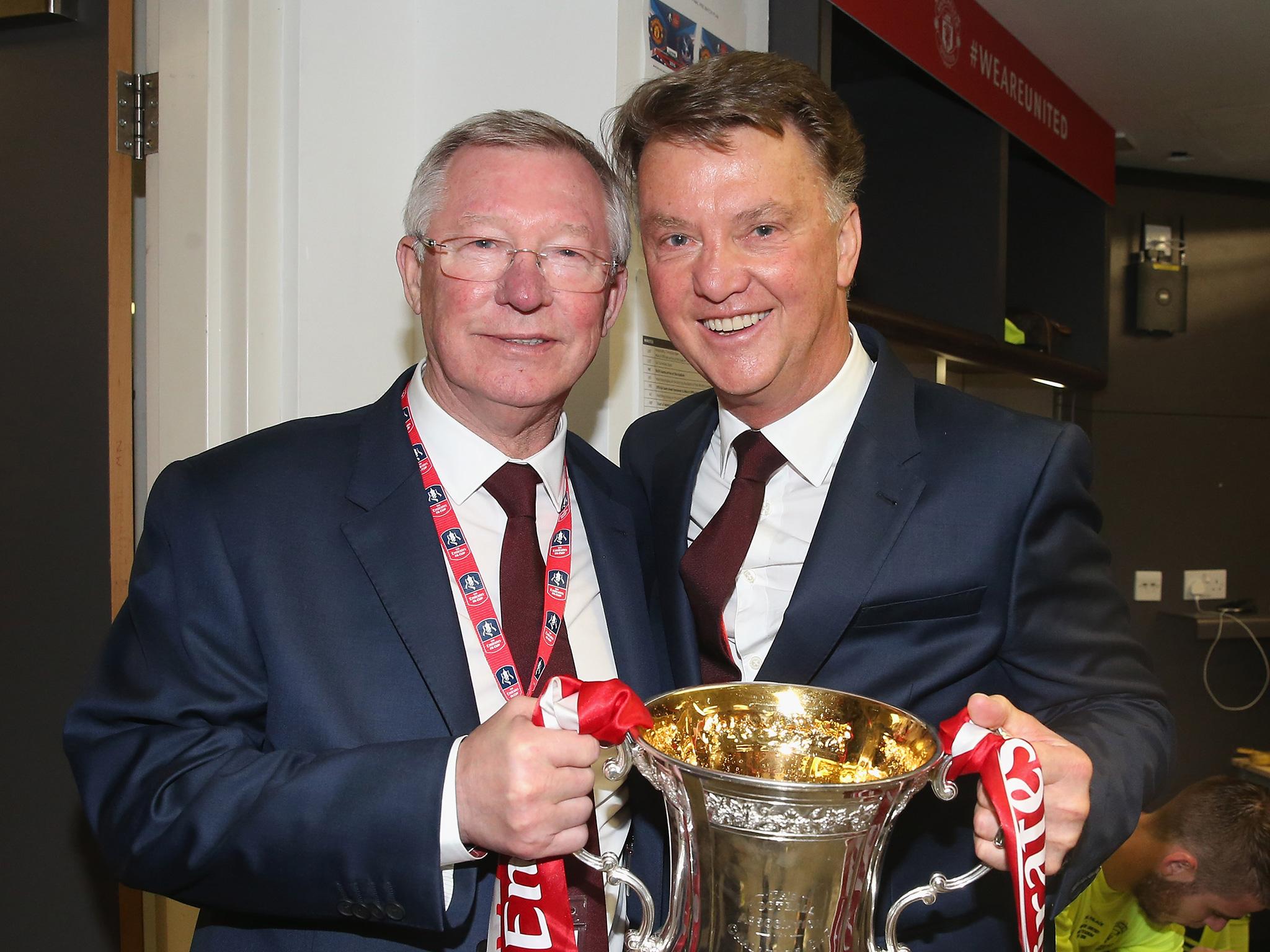
All clubs are searching for the manager who will become their Ferguson or Arsene Wenger, but longevity has now become an outdated criteria, even for the most successful coaches such as Guardiola, Mourinho or Carlo Ancelotti.
So is the age of the Fergusons and Wengers gone forever?
“100 per cent, it has changed forever,” Forde said. “Owners and fans’ expectations mean it is now impossible to manage one situation for that length of time again.”
Join our commenting forum
Join thought-provoking conversations, follow other Independent readers and see their replies
Comments